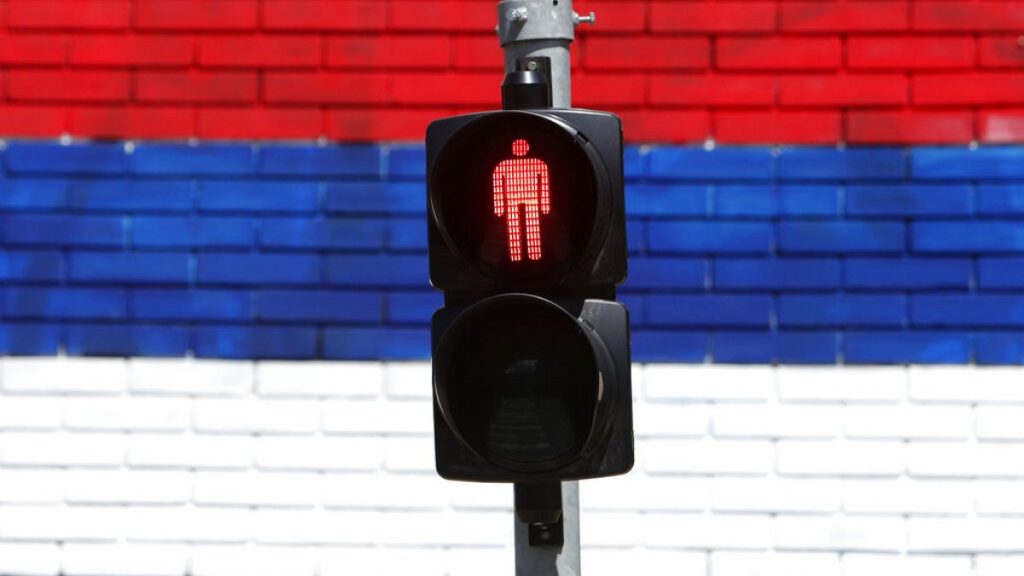Paragraph 1: Allegations of Digital Repression in Serbia
Amnesty International has released a report accusing Serbian authorities of employing sophisticated spyware and digital forensic tools to illegally surveil activists and journalists. The report alleges that Serbian police and intelligence services have utilized these tools to hack into the phones of individuals critical of the government, extracting personal data and monitoring their activities. This digital repression, Amnesty argues, is part of a broader strategy by the Serbian government to stifle dissent and maintain control over civil society. The Serbian government denies these allegations.
Paragraph 2: Spyware and Forensic Tools Identified
Amnesty’s investigation points to the use of two primary tools in this alleged surveillance campaign: Cellebrite mobile forensic products and a newly developed Serbian spyware dubbed "NoviSpy." Cellebrite’s tools, widely used by law enforcement agencies globally, are designed to unlock and extract data from mobile devices. NoviSpy, according to the report, functions as covert spyware, infecting devices and capturing sensitive information, including screenshots and contact lists, which are then uploaded to a government-controlled server. The combined use of these technologies provides the Serbian authorities with extensive access to the digital lives of targeted individuals.
Paragraph 3: Evidence and Testimony
The Amnesty report is based on the testimonies of over a dozen activists and journalists who claim their phones were hacked during detention or questioning by Serbian police. One prominent case highlighted in the report involves investigative journalist Slaviša Milanov, who was detained after a seemingly routine traffic stop. Subsequent analysis of his phone revealed traces of both Cellebrite and NoviSpy, indicating that his device had been compromised while in police custody. This case, Amnesty argues, demonstrates the targeted nature of the surveillance and the willingness of Serbian authorities to use invasive technologies against journalists and critics.
Paragraph 4: Serbian Government Response and Cellebrite’s Investigation
Serbian authorities have categorically denied the allegations, labeling them "nonsensical." Serbia’s intelligence agency, BIA, insisted that its operations are conducted strictly in accordance with Serbian law. The police have yet to issue a public statement regarding the report’s findings. Cellebrite, the Israeli company that manufactures the forensic tools implicated in the alleged surveillance, has stated that it is investigating the claims made in the report. The company emphasized its commitment to ethical practices and stated its willingness to terminate relationships with any agencies found to be misusing their technology.
Paragraph 5: Political Context and Anti-Government Protests
The release of the Amnesty report coincides with a period of heightened political tension in Serbia. President Aleksandar Vučić is facing one of the biggest challenges to his decade-long rule, with growing anti-government protests led by students and activists. Vučić has accused Western intelligence services, NGOs, and foreign media of orchestrating a "hybrid warfare" campaign against him and the country by illegally funding these protests. The protests were initially sparked by a tragic railway accident but have since evolved into broader demonstrations against Vučić’s increasingly authoritarian leadership.
Paragraph 6: Serbia’s International Relations and Accusations of "Coloured Revolutions"
While formally seeking EU membership, Serbia has been strengthening its ties with Russia and China, including intelligence sharing. Serbian officials have framed this cooperation as a joint effort to counter so-called "coloured revolutions"—popular uprisings against repressive regimes. This alignment with Russia and China raises concerns about the potential influence of these countries on Serbia’s internal security practices and its commitment to democratic values. The allegations of digital repression against activists and journalists, if substantiated, could further complicate Serbia’s relationship with the EU and raise questions about its human rights record.














